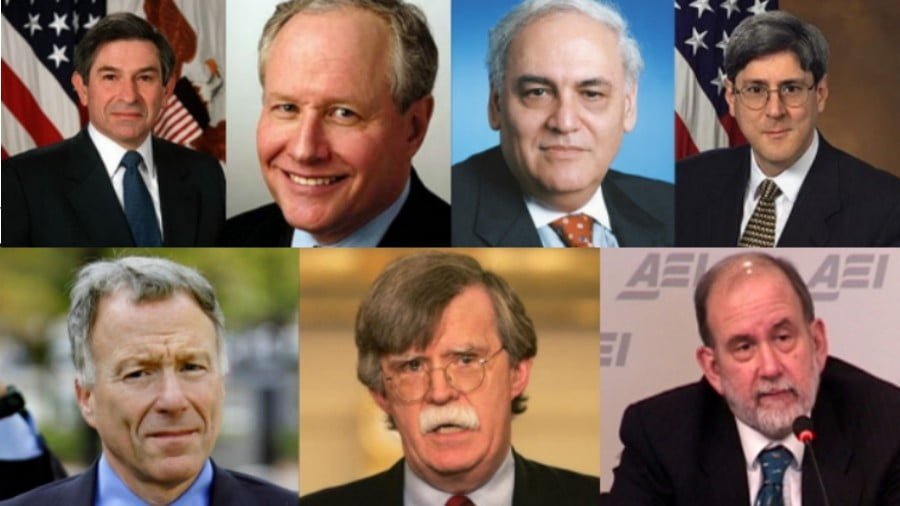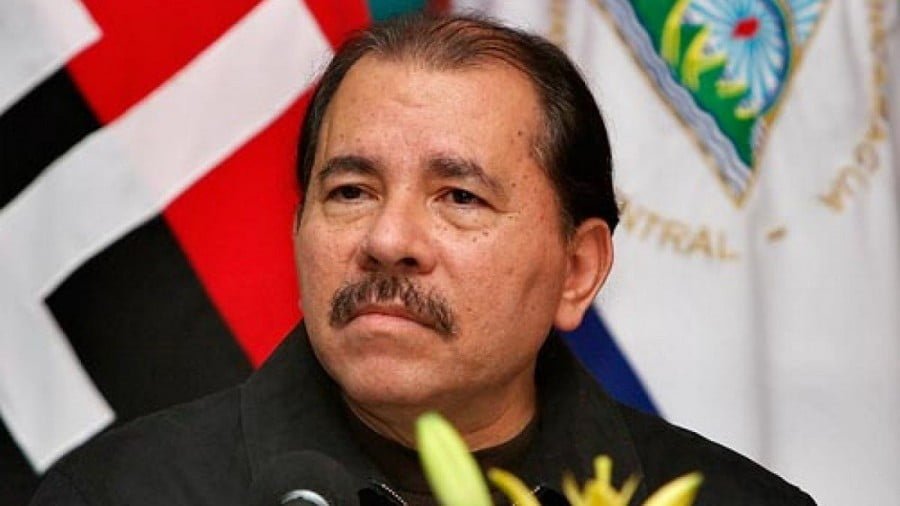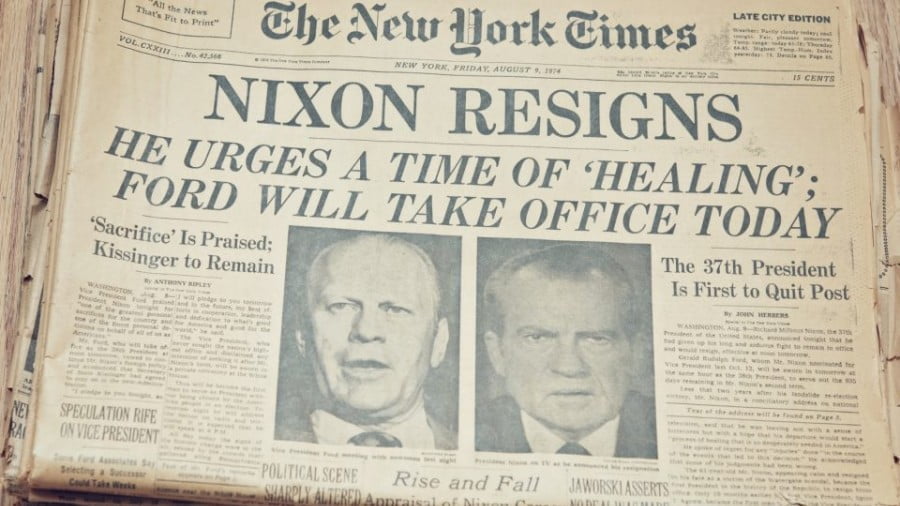After Bleeding Thailand Dry, Soros is Going in for the Kill
The highly controversial figure, George Soros has become one of the richest men on the planet by creating a great many hedge funds including Soros Fund Managemen. If Forbes is to be believed, his personal fortune exceeds the mind-boggling sum of 25 billion dollars, however, the dubious strategies that Soros would use to accumulate such an excessive amount of wealth are largely the reason why his name evokes an emotional outcry whenever it is mentioned publicly. It seems that at this point there’s more countries where people are not willing to put up with a myriad of his NGOs than those where his reputation doesn’t precede him. In fact, those ultra-liberal values promoted by his minions are nothing more than a pretext for new color revolutions to be staged which are designed to provide this so-called philanthropist with ultra-profits.
Not so long ago, Ankara which has been under assault by anti-government forces since 2016, decided to eradicate all entities associated in one way or another with George Soros. It was these non-governmental organizations that were behind the recent coup d’etat attempt that the Erdogan government survived barely. Similar legislation initiatives aimed at tightening governmental control over all sorts of NGOs and their activities have already been adopted in a great many of European countries, including Hungary and Slovakia.
In his activities, upon making a decision to target a particular country, George Soros typically looks for religious, ethnic, or social contradictions to exploit in a bid to foment unrest through skewing public perception of the problems that exist in most any society. Subsequently, the sitting government of the country he singles out would be accused of various misdeeds only to be taken down and replaced by a puppet government loyal to Washington. As a form of reward for investing his own money in “operations” and various NGOs that execute them, George Soros is then allowed to reap billions of dollars in profits from the economies of the destroyed states.
It’s curious that across Southeast Asia, the “tools of trade” employed by George Soros are well-known and well-recognized as a great many of local players have already had firsthand experience in facing them.
There are ongoing confrontations in Myanmar, including the conflict in the western state of Rakhine between Buddhists, who make up the majority of this country’s population, and the Muslim ethnic minority known as Rohingya which has been raging on for years. Thousands of people have already fell victims of the clashes between these two groups. However, an ever increasing number of voices have started pointing out today that this rivalry wasn’t provoked by mere voices within Burmese society, but by external forces that would rekindle the flames of mutual animosity in Myanmar. Unsurprisingly, most of those forces received an extensive amount of financial support from the funds controlled by George Soros. It’s no wonder that today the ongoing activities of these NGOs are taken with a grain of salt by the local population.
However, Southeast Asia learned to hate Soros even prior to events in Myanmar, as it had to survive the harsh economic crisis of 1997 which turned out to be carefully handcrafted to make local governments susceptible to foreign meddling.
Prior to the crisis, Thailand was showing a steady GDP growth rate of 8 percent a year, South Korea would show a GDP growth rate of 7-10 percent per year. Moreover, in the wealthy state of Singapore, this figure would typically exceed 11 percent. It’s no wonder that back then those states would be described as the ‘engine’ economies driving the regional market forward.
For the sake of comparison, during that same period of time, and we’re talking about 1991-1995, Brazil would show an average GDP growth of 3-5 percent a year. As for the United States, that was described back then as a leading developed market, its figures would barely reach the level of 2-4 percent a year.
But then came what seemed to be an end of Southeast Asian economic development. It all started with the collapse of local currency, as most of them lost up to 50 percent of their value against the dollar overnight. Then it was the turn of the stock markets to take a plunge: the Thai SET has lost over 70 percent of its value, the South Korean KOSPI index in 1997 lost 40 percent, the Hong Kong Hang Seng — lost 30 percent. What’s even worse, the crisis dragged on for months on end, with banks and large companies going out of business, which resulted in soaring unemployment rates, with Thailand going from 1.5 percent unemployment pre-1997 to 4.4 percent post crisis.
The destructive role of Soros and his NGO can be clearly seen among the events that unfolded in Thailand in late 90s. After facing a major economic crisis, which affected the majority of its population and quickly spread to other countries of the regions, Thailand had to recognize that it would be unable to recover from it for years to come. The collapse of the Thai baht affected by the collapse of this country’s main financial regulator — the Bank of Thailand, is attributed to market speculations executed by the so-called Quantum Fund controlled by Soros. According to the evaluations made by leading Thai economists in Thailand, thanks to speculation in the foreign exchange market, Soros managed to earn several billion dollars by initiating this crisis, with the baht starting to recover from the crisis no sooner than a decade latter.
A great many of the prominent businessmen of this kingdom, who suffered the largest financial losses during the crisis, requested that local authorities recognize Soros as a persona non grata, which was never done.
However, even after all of these events, Soros and the Open Society Institute he controls, have not ceased their activities of sponsoring pro-American anti-government NGOs, youth protest movements and media sources in Thailand. To date, the Open Society Institute coordinates most of its activities in Thailand with the National Endowment for Democracy and USAID.
Among the media platforms and non-governmental organizations that are sponsored both directly and indirectly by George Soros are such entities as DAO DIN, Thai Netizens Network, Thai Lawyers for Human Rights, Media Inside out, Prachathai, Makhampon Foundation, Fortify Rights, Human Rights Thailand, Amnesty International Thailand, Thai Poor Act, Cross Cultural Foundation.
Predictably enough, opposition youth movements such as the New Democracy Movement and Future Forward have been revealed as controlled by George Soros. This philanthropist, together with the ousted Thai prime minister Thaksin Shinawatra, and Washington’s NED and USAID are funneling tens of billions of baht to anti-govern forces to pursue the ideological indoctrination of local students, intellectuals, control over the local media and to train all sorts of pro-Washington propagandists.
The ultimate goal that Soros pursues in Thailand today is the overthrow of the so-called “military regime” in Bangkok, which is the only force that stands in the way of Thaksin Shinawatra’s return to power. Should he succeed in his quest, he will be able to reap even more profits at the expense of the Thai population.
There’s a fact that is often overlooked in the media, that Thailand, in spite of all the hardship it had to endure over the last two decades has been a bastion of stability withing a problem-riddle region. Should this state with a free and active civil society fall, it will affect the security of all of Southeast Asia in a rather tragic way.
By Jean Périer
Source: New Eastern Outlook







